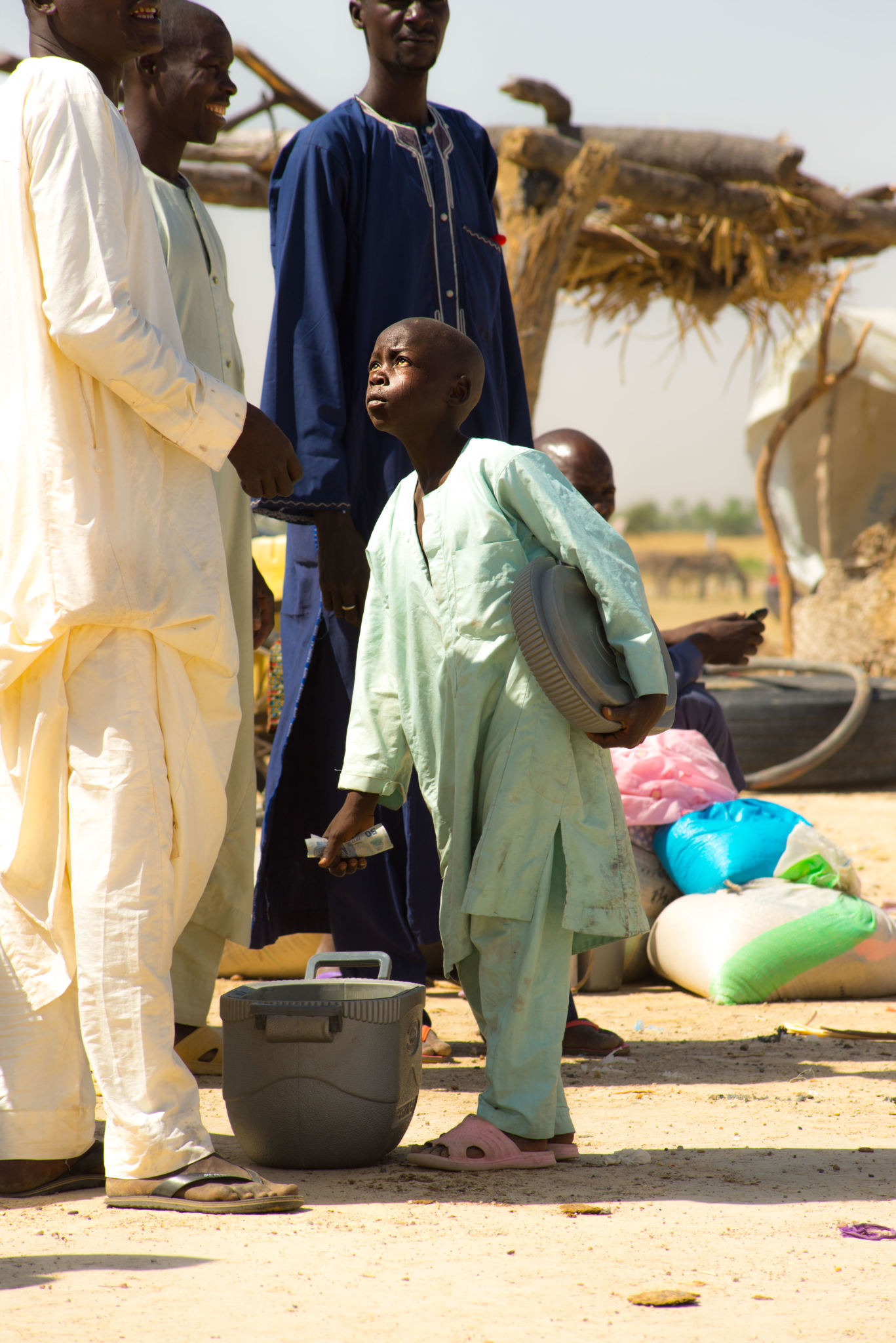The Lake Chad region is caught in a conflict trap. The region used to be a vibrant trading hub. But years of conflict, poverty, weak governance and persistent human rights violations by both governments and insurgents have eroded social bonds among families, among generations, among ethnic groups, and between displaced people and host communities. People in the region face a double-headed problem: climate change is worsening the political and economic conditions that gave rise to the violence in the first place; and since 2009, conflict has prevented people from pursuing former livelihood activities and has undermined their adaptive capacity.

